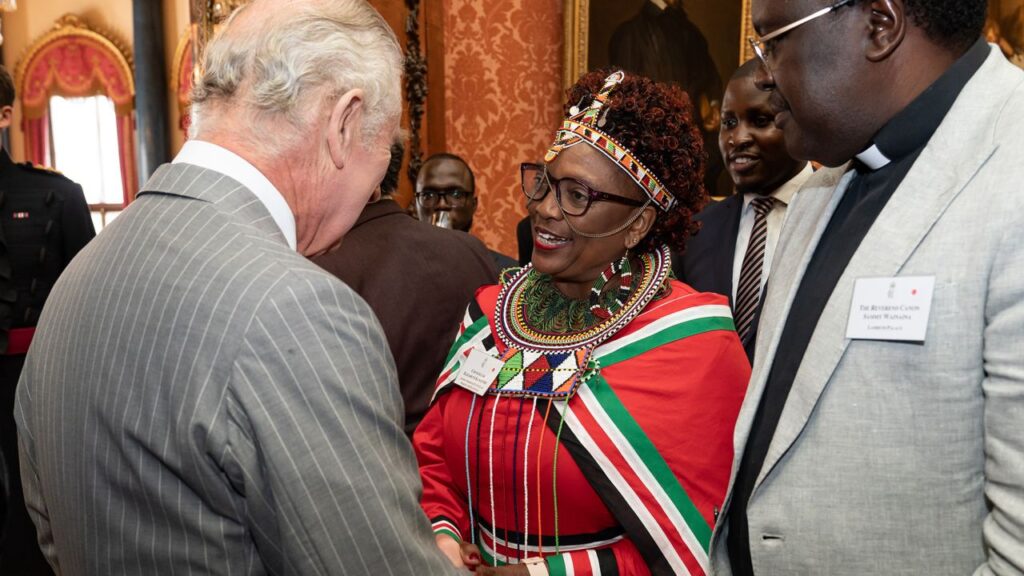King Charles of Britain has commenced a four-day state visit to Kenya, marking his first visit to a former colony. During this historic visit, he intends to acknowledge the “painful aspects” of the shared history, which encompassed almost seven decades of colonial rule.
Arriving in Kenya alongside Queen Camilla, King Charles is set to be officially received by Kenyan President William Ruto in the capital, Nairobi, on Tuesday morning.
Buckingham Palace has described the visit as a reflection of the close cooperation between the two countries, focusing on economic development, climate change, and security issues.
As part of his itinerary, King Charles plans to meet with entrepreneurs from Kenya’s thriving tech industry and explore wildlife facilities. The royal couple will also venture to the southeastern port city of Mombasa.
However, the main focus for many Kenyans is the anticipation of what King Charles will say regarding the colonial-era abuses, which included torture, killings, and widespread land expropriation, much of which remains under the ownership of British nationals and companies.
The most infamous period of British colonial rule was during the 1952-1960 Mau Mau revolt in central Kenya, during which an estimated 90,000 Kenyans were killed or maimed, and 160,000 were detained.
The UK government has previously expressed regret for these abuses, known as “the emergency,” and reached an out-of-court settlement of nearly 20 million pounds in 2013.
During their visit, King Charles and Queen Camilla are scheduled to tour a new national history museum, visit the site where Kenya declared its independence in 1963, and lay a wreath at the Tomb of the Unknown Warrior.
Buckingham Palace issued a statement, saying, “His Majesty will take time during the visit to deepen his understanding of the wrongs suffered in this period by the people of Kenya.”
